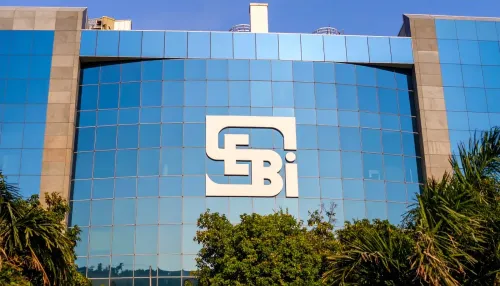Limited Effect of US Semiconductor Export Restrictions on South Korea

Seoul, Dec 3 (NationPress) The United States' recent export control measures against China are anticipated to have a minimal effect on South Korea's semiconductor sector, according to officials who pointed out the local industry's low reliance on the Chinese market.
The U.S. Commerce Department's Bureau of Industry and Security announced the new measures in the Federal Register, which include restrictions on exports of high-bandwidth memory (HBM) chips to China.
Additionally, the U.S. introduced new regulations affecting 24 types of semiconductor manufacturing equipment and three categories of software tools for semiconductor development and production.
The Ministry of Trade, Industry and Energy stated, "There might be some repercussions for South Korean manufacturers of HBMs, but we can mitigate the impact by adapting to the export methods permitted under U.S. regulations," as reported by YOnhap news agency.
"Regarding semiconductor equipment, the restrictions apply solely to advanced products considered critical to U.S. national security," the ministry added, noting that the number of South Korean companies likely to be impacted will be limited.
The ministry highlighted that while the U.S. intends to implement the so-called "presumption of denial" principle, exports to South Korean companies operating in China that have previously acquired validated end-user status will continue to be permitted, despite the new guidelines.
Furthermore, the ministry emphasized that South Korea has been actively coordinating with the U.S., stressing that both nations have agreed to closely monitor the consequences of this decision to prevent unforeseen challenges for companies in both regions.
An industry ministry official remarked, "SK hynix primarily supplies its HBMs to Nvidia, based in the U.S. Samsung Electronics ships a small quantity of low-performance HBMs to China, but this represents a minor fraction of its overall sales."
"Overall, we believe that the impact on South Korean enterprises will be insignificant."









